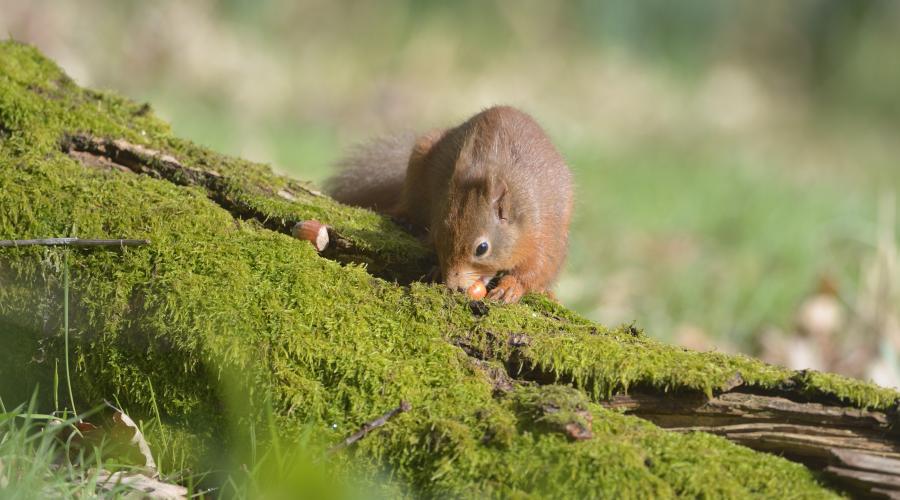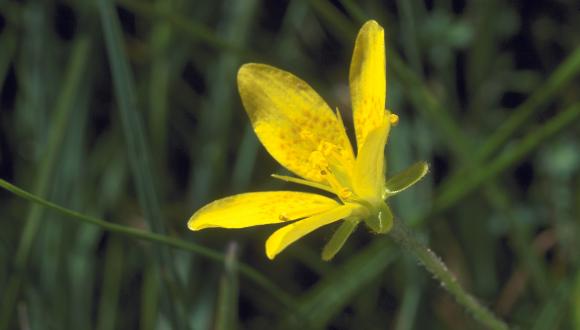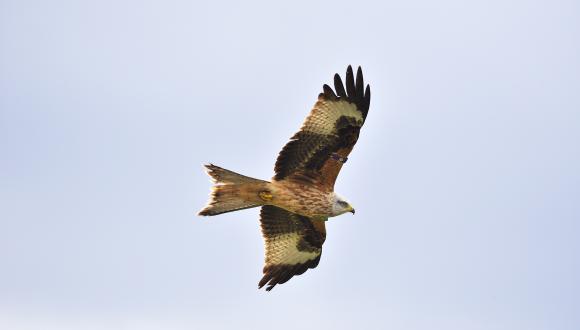
Red squirrels and licensing
Licences for various activities affecting red squirrels are available, from surveys and research to social, economic or environmental purposes.
Licensing scenarios below apply only to red squirrels. Contact us for advice on licensing requirements if you plan to work with grey squirrels.
Surveys, research and education
Basic surveys for red squirrels don’t require a licence, provided that you take steps to avoid intentionally or recklessly disturbing animals in their dreys.
You should apply to us for a licence if this can’t be avoided or if scientific or research work could otherwise result in an offence in relation to red squirrels.
To apply for a licence, email [email protected].
You should include:
- your name, address and telephone number
- full details of your project – covering what and who will be involved, and where and when
- a completed licence application reference form (if applicable)
If this is your first licence application for this activity, we’ll need two references from you. Your referees should be familiar with your work in this area and able to vouch for your competence.
Social, economic or environmental purposes
A protected species licence application for development projects should not be made until the necessary planning permissions and consents are in place. This should be considered when signing the relevant licence application declaration.
We can license activities for social, economic or environmental reasons (including development) that might affect red squirrels, as long as:
- the licensed activity will contribute to significant social, economic or environmental benefit
- there is no satisfactory alternative
- there is no significant negative impact on the conservation status of the species
Download the Licence application form – works affecting red squirrels
Read the guidance on Licences for social, economic or environmental purposes
Read the guidance on Test 2 – No satisfactory alternative
If red squirrels are likely to be present on or near to a site, we strongly recommend that a suitably experienced person conducts a survey. Where squirrels or dreys are found, a species protection plan should be drawn up.
Possession of squirrel specimens
The Wildlife and Countryside Act 1981 bans the possession of a dead red squirrel or a part of one. You can’t be found guilty of this offence, however, if you can show that the specimen was killed or taken legally.
A licence thus isn’t required to possess a dead red squirrel. But it would be your responsibility to show that items had been taken legally were the police ever to question you.
Licence changes and renewals
You should get in touch if you wish to amend a licence. But check your licence conditions first: you may be able to appoint agents and assistants without having to get them named on your licence.
Find out about adding persons to a licence.
You must also remember to contact us to renew your licence. Licences aren’t renewed automatically.
Find out more
Accompanying notes for survey and monitoring licences
Contact
If you already have a licence number, include it in the subject line of your email, or have it to hand when you call.





